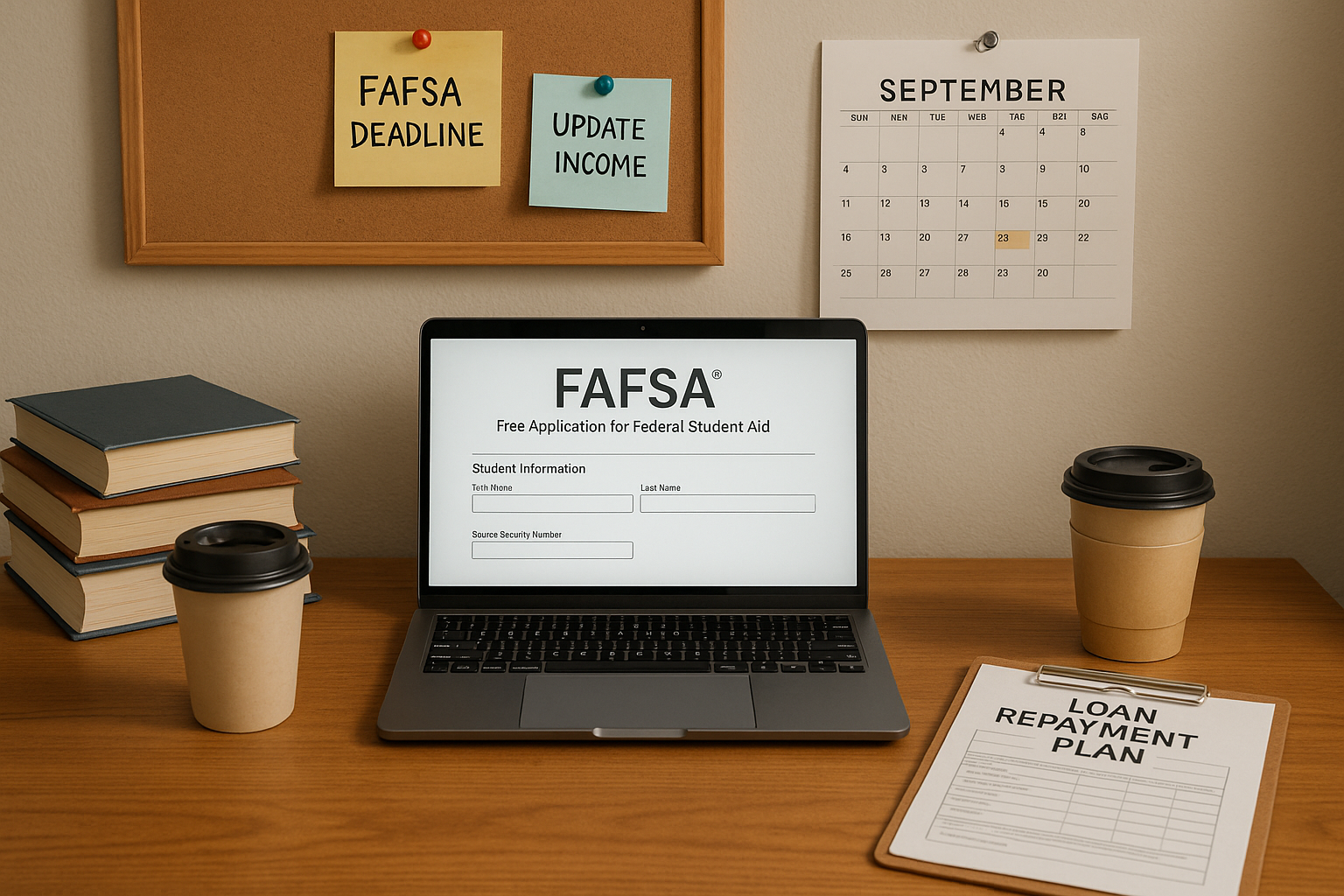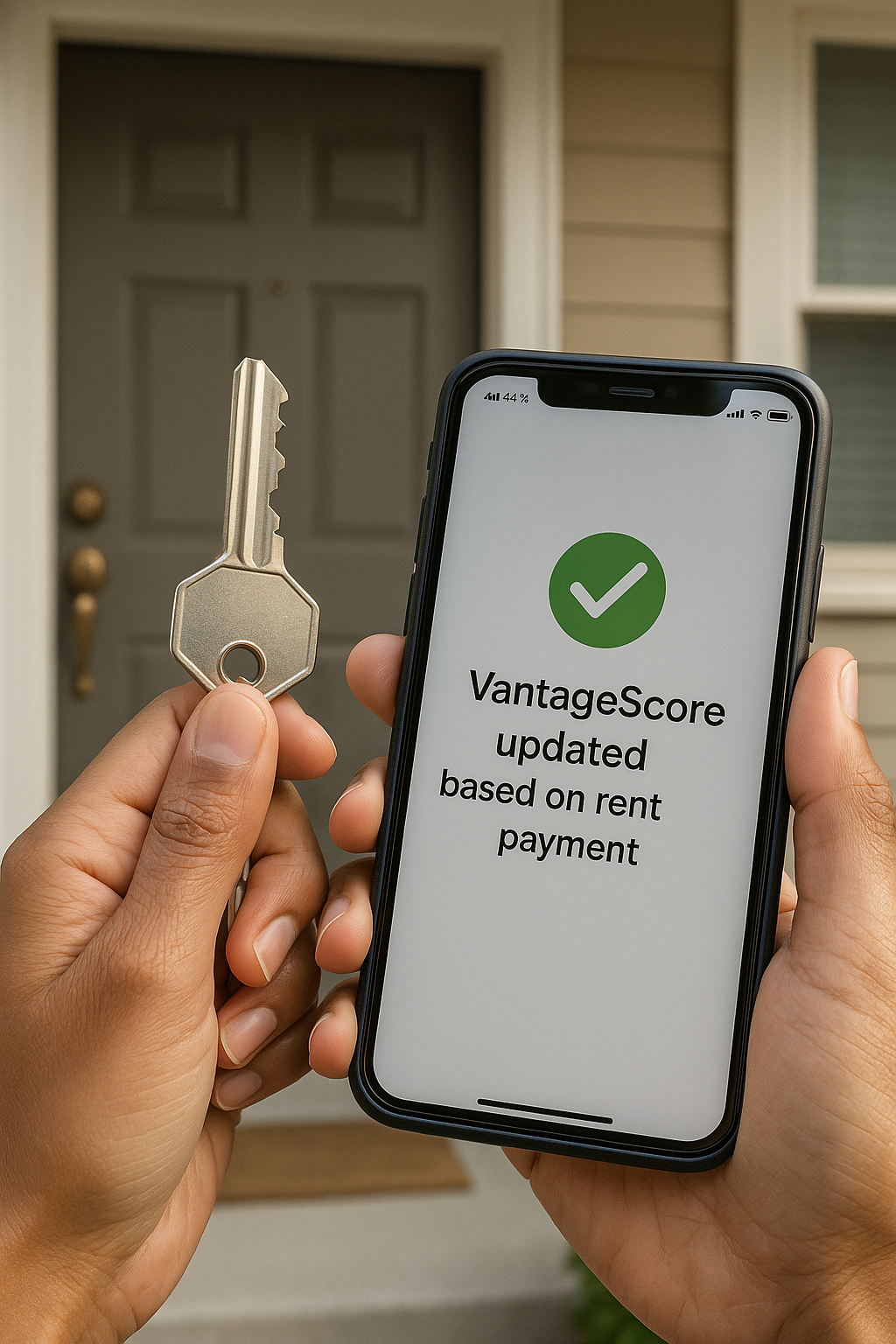
Whether you’re apartment hunting, eyeing that first car, or just setting the foundation for your life here in the U.S., your credit score is a major player. For many of us, especially as young professionals and community members who are managing our money for the first time, building strong credit can feel like navigating a maze.
But here’s the reality: credit power is financial power. And for our community, this is a critical tool for building lasting wealth.
Why Credit Matters for Our Community
Building and maintaining excellent credit is essential for everyone in the U.S., but it’s especially impactful for young Latinos who are often the first in our families or networks to master the U.S. financial system.
- A strong credit score means qualifying for better interest rates on loans (like mortgages or auto loans), which translates to thousands of dollars in savings over time.
- Good credit is frequently a requirement for renting an apartment, getting favorable insurance rates, and even securing some jobs.
We know the landscape. While the Latino community is driving economic growth in the U.S., we still face specific challenges. For example, a 2022 survey found that a significant portion of the Latino population in the U.S. faces barriers related to credit, with many having limited or no credit history, often leading to reliance on less favorable financial products (Data from the Consumer Financial Protection Bureau (CFPB)). This makes building credit strategically all the more important for our financial security and upward mobility.
Let’s demystify credit and give you the concrete steps to take control.
Credit Score 101: The Basics You Need to Know
What exactly is a credit score? It’s a three-digit number, typically ranging from 300 to 850, that acts as a financial report card. Lenders use it to predict how likely you are to repay a debt on time.
The higher your score, the less risk you pose to a lender, and the better the financial products you can access. Generally, a score of 670 or higher is considered “Good” and opens the door to most standard lending options.
Your score is calculated based on five main factors, often referred to as the FICO model:
- Payment History (35%): Do you pay your debts on time? This is the most important factor.
- Amounts Owed (30%): How much of your available credit are you actually using (your credit utilization)?
- Length of Credit History (15%): How long have your accounts been open?
- New Credit (10%): How many new accounts have you recently opened?
- Credit Mix (10%): Do you have different types of credit (e.g., credit cards, loans)?
6 Steps to Build or Boost Our Credit Power
Taking charge of your credit is a proactive step toward your long-term goals. Here’s a clear roadmap:
1. Start Smart with a Secured Card
If you have little to no credit history, a secured credit card is often the simplest starting point.
- How it Works: You put down a deposit (e.g., $200), and that deposit becomes your credit limit. This deposit secures the card, reducing the risk for the lender.
- The Goal: Use the card for small, manageable purchases and pay the balance off completely and on time every single month. After 6–12 months of responsible use, your history is established, and you may be able to transition to an unsecured card and get your deposit back.
2. Master the “Credit Utilization” Rule
This is a key area where we can win financially. Credit utilization is the amount of credit you are using compared to your total available credit limit.
- The Golden Rule: Keep your credit usage below 30% of your total limit. For example, if your limit is $1,000, try not to charge more than $300.
- The Better Goal: Top scorers often keep utilization below 10%. The lower your balance relative to your limit, the better it is for your score.
3. Payment History is Everything: Be On Time, Always
The single most important action you can take is to pay every debt on time. Your payment history accounts for over a third of your score.
- Set Up Alerts: Use monthly reminders or auto-pay features for credit cards and loans to ensure you never miss a due date.
- Pay in Full: Always aim to pay the statement balance in full. If you cannot pay the full amount, at least pay the required minimum amount by the due date to avoid late fees and a hit to your credit score.
4. Turn Rent and Utility Payments into Credit Builders
You don’t just build credit with credit cards. The payments you already make every month can potentially help your score.
- Reporting Rent: Historically, rent wasn’t reported to the credit bureaus, but that is changing. You can use services that report your on-time rent payments to the credit bureaus. Check if your landlord already uses such a service.
- Utility & Streaming Payments: There are tools available that can report your on-time payments for things like utilities, internet, and streaming services to one or more of the credit bureaus. This can give your score a boost by adding positive payment history.
5. Be Mindful of Credit Checks
When you apply for new credit (like a card or a loan), the lender performs a “hard inquiry” (a credit check).
- Impact: A single hard inquiry usually has a minimal effect, but multiple hard inquiries in a short period suggest a higher risk to lenders and can temporarily lower your score.
- Be Selective: Only apply for credit when you actually need it and after you’ve done your research to ensure you have a good chance of approval.
6. Review and Dispute Your Credit Report
Errors happen, and they can cost you. Every year, you have the right to get a free copy of your credit report from each of the three major credit bureaus (Equifax, Experian, and TransUnion) via AnnualCreditReport.com.
- Review: Look closely for accounts you don’t recognize, incorrect late payment records, or wrong personal information.
- Act: If you find an error, you must formally dispute it with the credit bureau that provided the report. Correcting an error can instantly improve your score.
We are building a life here, and strong personal finances are the cornerstone of that foundation. By following these steps, we are not just building a credit score; we are building our access to opportunity, our stability, and our collective financial future.
👉 Ask Gabi, the “judgment free zone” for all of your financial questions!
Stay tuned! We got you!






